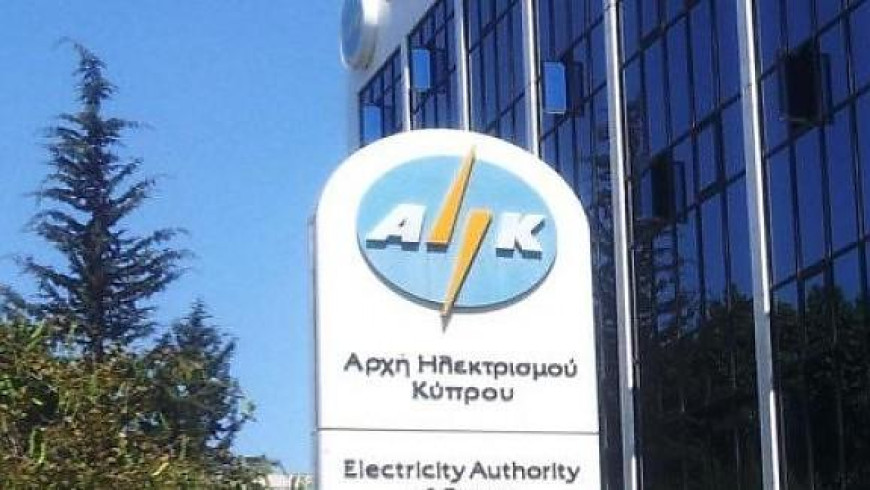Questions on the revised budget

Members of the House are scheduled to vote on the revised Government budget on January 21, 2020, while the credit rating agency, Moody’s, is to begin its assessment of the Government’s ability to repay its debt one day later. Last Friday Minister of Finance, Constantinos Petrides said that ”Cyprus could default if the revised budget is rejected anew by parliament and it loses its investment grade rating”. However, House members should decide to approve or reject the budget on the basis of its contents and not be persuaded to approve it because of other factors or ulterior motives. Indeed, approving a budget that does not adequately meet the needs of society and the economy and/or is not soundly financed is more likely to lower the Government’s credit rating and reduce its ability to repay debt.
More specifically, House members need to ask whether the revised budget is directed to providing adequate support to businesses and households most adversely affected by the ongoing severe health and economic crises. For instance, will businesses which have been forced to close by the lockdown be allocated sufficient funds to cover their operating expenses such as utility bills and rent as well as some surplus to pay their necessary family expenses? The corona virus has exposed and increased the large inequalities between public and private sector employees in Cyprus, favoring most disproportionately the former in terms of income compensation, benefits and job security. However, the revised budget does not appear to address these inequalities, but on the contrary increases salaries of Government employees by over 4 per cent in 2021, while providing very limited financial support for the unemployed and underemployed workers in the private sector.
Does the revised budget continue to give insufficient emphasis to the need to diversify the economy post-pandemic away from its excessive reliance on the vulnerable tourism and construction/real estate sectors? Are public investment projects being prepared to promote new areas of economic activity in the healthcare and education sectors that would employ highly-skilled young persons? Indeed, it is of concern that the budget for 2021 continues to allocate only 1.5% of GDP for capital expenditure implying that related grants and loans from the much advertised EU’s Recovery and Resilience facility to make the economy more robust could be minimal.
Has financing for the revised budget been updated with realistic forecasts for the rise in tax revenues in 2021? It is noted that tax revenue estimates underpinning the non-debt financing of the rejected budget were very optimistic. In fact, these tax projections were outdated and did not take account of the second wave of Covid-19 in causing socio/economic problems and shortfalls in tax collections. House members should demand evidence that the revised budget will be soundly financed being based in turn on realistic forecasts of tax revenues. Unfortunately, all we hear on financing is Minister Petrides stating that the Government will shortly go to the market to borrow 1.25 billion euro with a eurobond issue.
In sum, House members need convincing answers to the above questions on the expenditure allocations and financing of the revised budget before going ahead and approving it. Otherwise, supporting a misdirected and poorly financed budget would most likely worsen prospects for generating any balanced recovery of the economy and safeguarding debt sustainability.
*Economist, specialising in macroeconomic policy analysis and international financial relations.







 3287.99
3287.99 1275.09
1275.09

